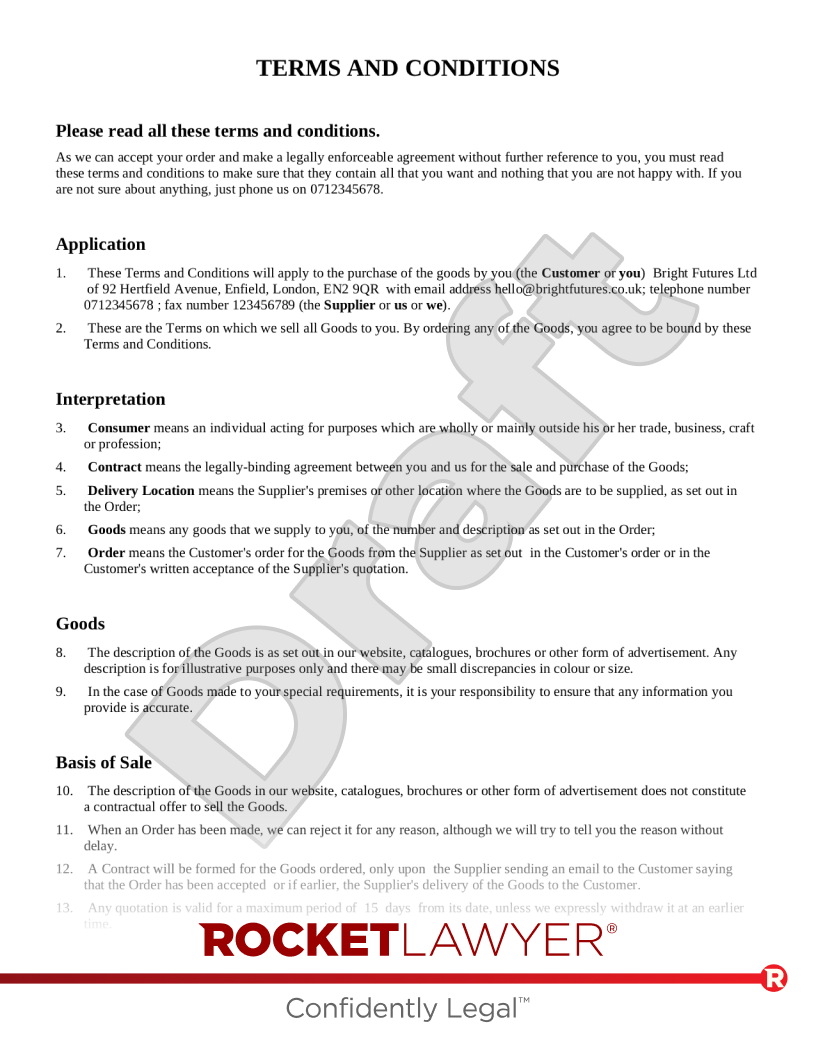Food licences and registration requirements
All UK businesses that prepare or sell food, including those run from home, must apply for a food licence with their local authority. Registration is free, and your local authority must approve your application. If you fail to register, you could be fined and/or imprisoned for up to two years.
Labelling and packaging requirements
If you pre-package your food, it must have labels providing information including the item’s ingredients, nutritional details, and allergens. There are rules on how this information must be set out, and rules requiring it not to be misleading.
Non-prepackaged food is subject to less stringent labelling rules. As a minimum, you must have a visible statement (eg on your website) telling customers where they can obtain allergen information.
Chocolate-specific labelling rules
The Cocoa and Chocolate Products (England) Regulations 2003 impose various rules. They dictate, for instance, when you can call your product ‘chocolate’, ‘milk chocolate’ or ‘filled chocolate’, based on factors like its cocoa solid content. There are similar standards in place for other categories of food products.
For more detailed information, read Food labelling.
Safety requirements
If you sell food from home, you need to treat your kitchen as if it were a commercial kitchen. This means that your practices and kitchen must meet high hygiene and safety standards. Otherwise, you risk receiving a poor food hygiene rating following a council inspection. This could drive away customers and expose you to the risk of product liability claims.
Good allergen practices are essential to ensure that you don’t harm your customers. Among other things, you should
-
correctly identify allergens on labels or your website, and
-
take care to avoid cross-contamination - between products and from food you make for yourself in your kitchen
The Food Standards Agency (FSA) provides essential advice for adhering to allergen rules.
For more information, read Food safety.
Other considerations
In addition to these food rules, if you’re going to start selling your own chocolates, you should pay attention to other requirements for running a business (especially micro-businesses) and considerations for side hustles. These include:
-
tax responsibilities
-
marketing considerations and how to avoid false advertising claims
-
intellectual property and data protection laws
-
general health and safety requirements, and
-
rules for distance selling (ie selling online) and how this applies to food
If you decide to start selling food from home, you should read Food safety, Food labelling, and the FSA’s advice on starting a food business and their general food law guidance. Remember that you can always Ask a lawyer if you have any questions or concerns about starting a food business at home.





